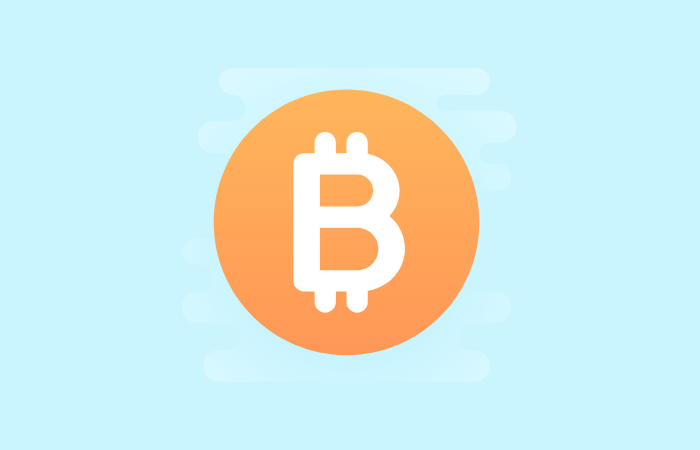
How Tokens Enhance Business Operations, Customer Engagement, and Payment Processes
In the evolving landscape of digital transactions, we turned to the insights of CEOs and Directors to shed light on the role of tokens in business.
Enhance Security and Customer Trust
Streamline Transactions and Foster Loyalty
Enhance Security and Customer Trust
As someone who's spent the past decade working on digital solutions, I've seen firsthand how tokens are transforming business operations, especially when it comes to regulatory compliance and payments. Tokens can enhance security by minimizing the exposure of sensitive data. In the payment process, tokenization replaces sensitive information, like credit card details, with a unique token that is useless if intercepted. This ensures compliance with strict regulations such as PCI-DSS, as businesses don't store actual customer data, reducing the risk of data breaches and regulatory penalties. This is not only a safeguard but also builds customer trust, knowing their information is well-protected.
Beyond security, tokens open up new opportunities for customer engagement. For instance, in loyalty programs or digital wallets, tokenization can allow customers to access services or rewards without having to re-enter personal data. It streamlines interactions, making the user experience more seamless and efficient. Additionally, token-based systems enable businesses to create micro-payment solutions or reward-based ecosystems, which can lead to better customer retention and engagement. By adopting tokenization, businesses not only comply with regulatory frameworks but also elevate their service offerings in a secure and user-friendly manner.
Shehar Yar, CEO, Software House
Streamline Transactions and Foster Loyalty
Tokens can significantly enhance business operations, customer engagement, and payment processes by adding an extra layer of security, improving efficiency, and offering flexibility. In payment processes, tokens replace sensitive data, such as credit card numbers, with unique identifiers, or “tokens,” that have no exploitable value if intercepted. This allows businesses to securely handle customer payments without storing sensitive data, reducing the risk of fraud or breaches. By ensuring compliance with data protection regulations like PCI-DSS, tokens simplify the regulatory landscape for businesses, making it easier to meet security standards and protect customer information.
From an operational perspective, tokens streamline transactions, allowing for faster and more secure payments. This is particularly beneficial in industries like healthcare or e-commerce, where large volumes of transactions need to be processed efficiently without compromising on security. The use of tokens also enhances the customer experience by enabling seamless, one-click payments for repeat purchases without requiring customers to re-enter their payment information. This convenience fosters customer loyalty and engagement, as it minimizes friction in the payment process and makes transactions feel effortless.
Additionally, tokens can be used beyond payments, in areas such as customer engagement or loyalty programs. Businesses can issue tokens as part of a rewards system, offering customers points or credits that they can easily redeem for products or services. This creates a flexible and scalable way to manage loyalty programs and incentivize repeat business. These tokens can be integrated with digital wallets or mobile apps, enhancing customer interaction with the brand and making the reward experience more dynamic.
Overall, tokens contribute to a more secure and efficient environment for businesses, while also offering new opportunities for customer engagement and streamlined operations. For businesses seeking to balance innovation with regulatory compliance, tokens provide an effective way to manage sensitive information, increase transaction speed, and enhance the customer experience.
Sandra Stoughton, Director, Marketing Operations, TruBridge